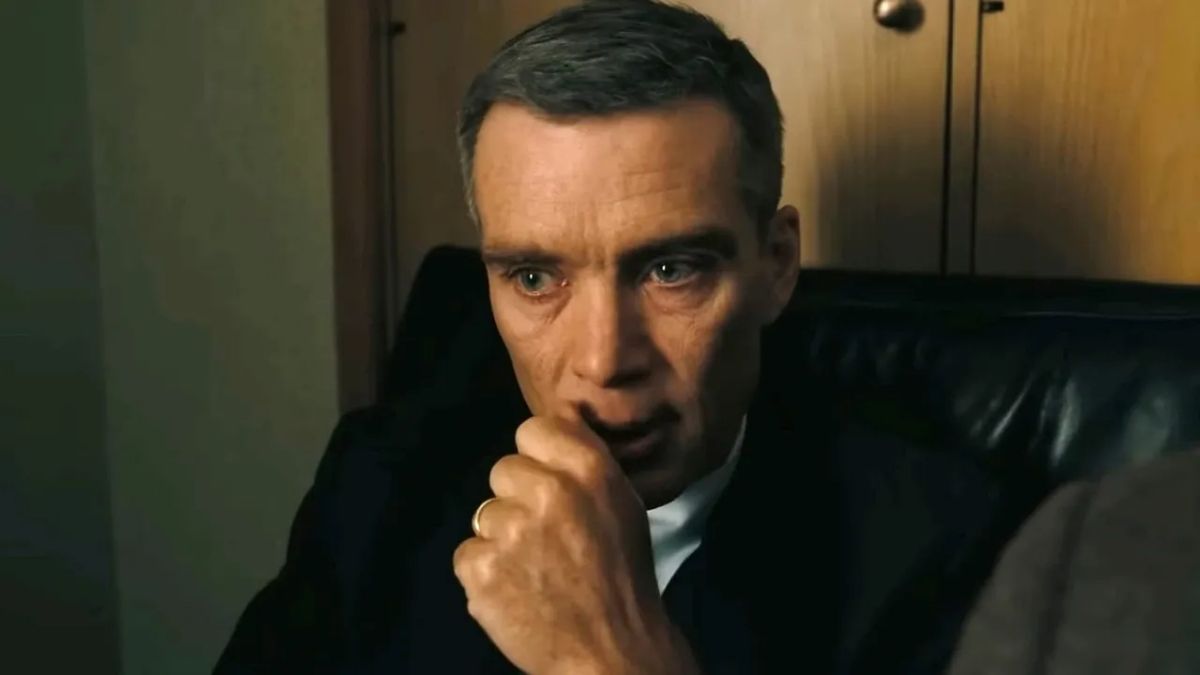It’s no secret that Christopher Nolan is regarded as one of the best filmmakers alive today. In our current theatrical climate, Nolan is a true film lover’s filmmaker; his movies — including original plots, stylized historical events, and his masterful take on a superhero film — are not only known for tackling existential and philosophical topics not often explored in the medium, but for being shot exclusively on film.
Nolan has long confessed to being a lover and supporter of cinema, heavily preferring to shoot movies using traditional film stock; although he’s aware some may consider him old-fashioned for this propensity, he insists he’s not using film for nostalgia’s sake, but because he genuinely believes the picture quality to be better than any produced through digital methods.
This staunch dedication to film is a part of why film aficionados flock to Nolan’s work, and with Oppenheimer hitting theaters July 21, even more moviegoers will be lining up to see that film quality for themselves. In anticipation of his newest film’s release, Nolan took some time to depart some wisdom on what he considers the best way to watch Oppenheimer.
How should you watch Oppenheimer?

Like all of his films, Oppenheimer was designed for viewing on the big screen, with theater options including IMAX 70mm, 70mm, IMAX digital, 35mm, and Dolby Cinema, among others. Nolan urges theatergoers to see the film on an IMAX screen if they can, specifically IMAX 70mm. While only 30 theaters are showing the film on a screen that large, Nolan specifically created Oppenheimer to be viewed in that format.
According to an interview with The Associated Press, Nolan shot the film entirely on large format film stock, specifically a combination of IMAX 65mm and Panavision 65mm. The filmmaker says he’s been shooting with IMAX cameras since he shot “The Dark Night” and considers the film format’s “sharpness and the clarity and the depth of the image” to be “unparalleled.”
When shooting on large format film stock, the camera is able to capture “the ultimate amount of visual information.” On an IMAX 70mm screen, none of this visual information is lost; it’s the difference between viewing the film with a cropped out top and bottom vs. seeing the entire periphery of the scene (think just seeing the Oppenheimer bomb testing vs seeing the entire test site).
While Nolan recommends seeing the film on IMAX 70mm, he admits he loves 70mm equally as much. If you really want the truest Oppenheimer viewing experience, head to the AMC Universal CityWalk, where Nolan watched test footage of the film. His favorite seats? “When I’m in a theater that’s Cinemascope ratio, I like to be right near the front, middle of the third row. When I’m in a stadium, IMAX 1.43:1, then I actually like to be a little behind the center line right up at the middle.”

